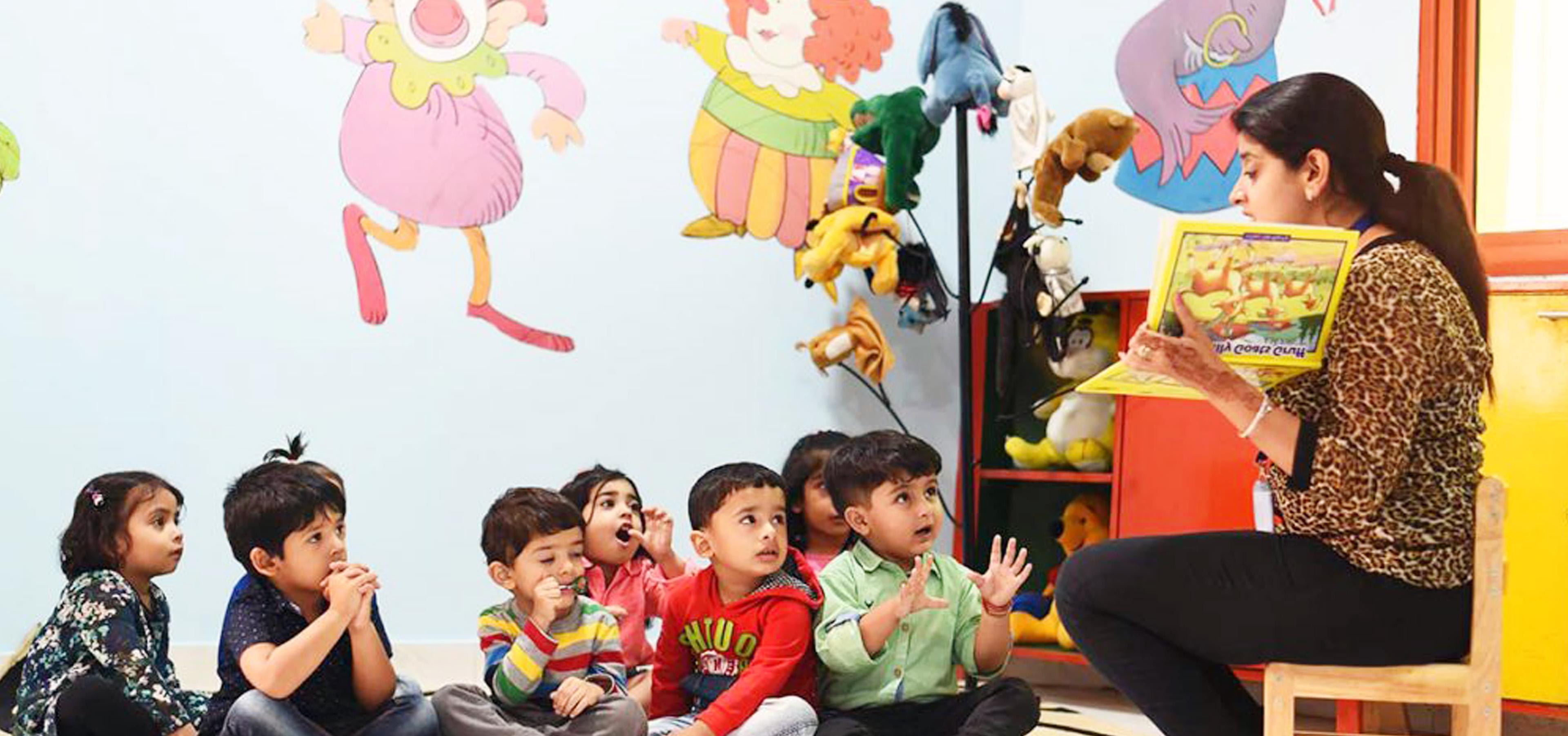Children are natural observers. They notice everything, from the smallest details to the biggest changes in their environment. Their curious minds are constantly seeking to understand and make sense of the world around them. As parents and educators, it is important to recognise the power of a child's observation and encourage them to develop this skill.

The Importance of Observation
- It is a critical thinking skill that involves paying attention to details, analysing information and drawing conclusions.
- Children develop their cognitive abilities and critical thinking skills by observing their surroundings
- Learn to identify patterns, make connections and develop hypotheses about the world around them. This can help them become more creative, innovative and analytical in their thinking.
- Help children develop their language and communication skills. By paying attention to how others communicate, children can learn to use language effectively and express themselves clearly.
- Develop empathy and understanding by observing the emotions and behaviours of others.
Examples of Observation
For instance, a child who observes the changing colours of leaves in autumn might develop an interest in science, ecology or biology. They may also learn to appreciate the beauty and complexity of the natural world. Similarly, a child who observes how their parents interact with others might develop social skills and learn how to build positive relationships with others.
Encouraging Observation
As parents and educators, we can encourage children to develop their observation skills by creating opportunities for them to observe and explore their environment. We can take them on nature walks, encourage them to ask questions, and provide them with opportunities to experiment and explore. We can also model observation by pointing out interesting details, encouraging them to make connections and asking open-ended questions.
In conclusion, the power of a child's observation should not be underestimated. It is a critical thinking skill that can help children develop their cognitive abilities, critical thinking skills, language and communication skills. As parents and educators, we should encourage children to develop their observation skills and create opportunities for them to explore and learn from their environment.

